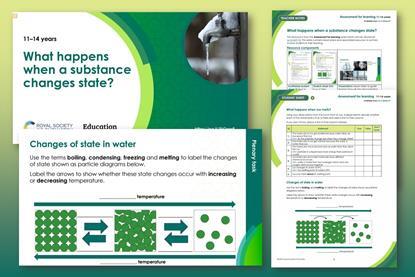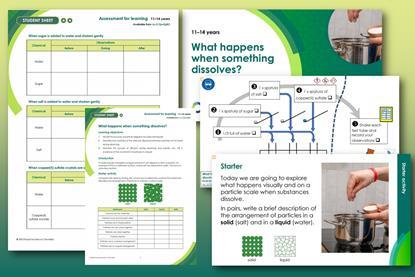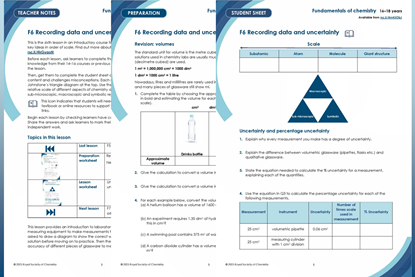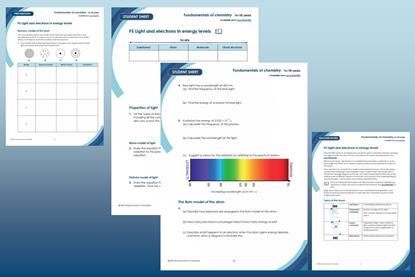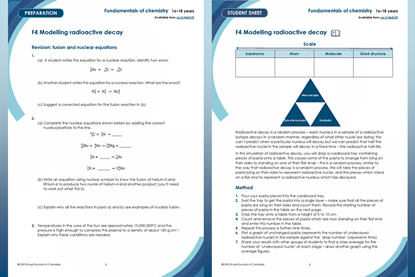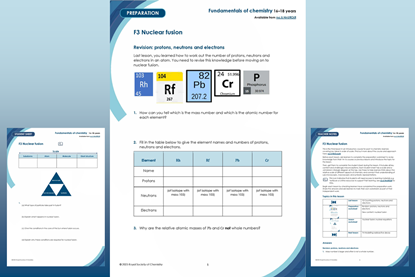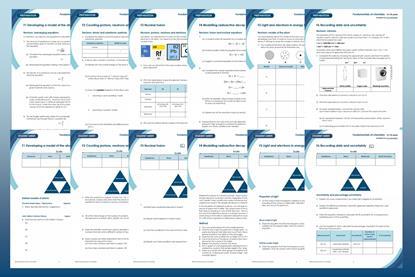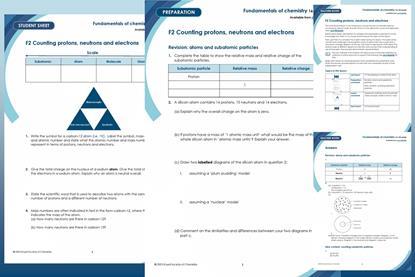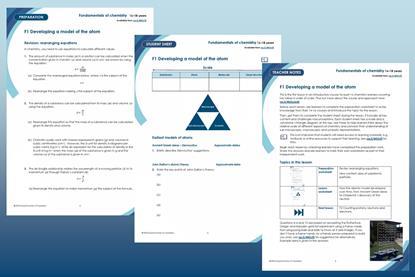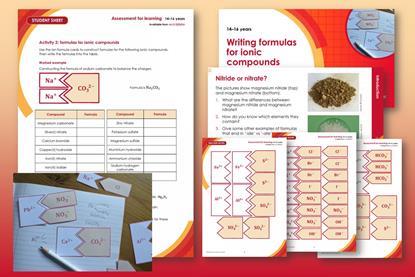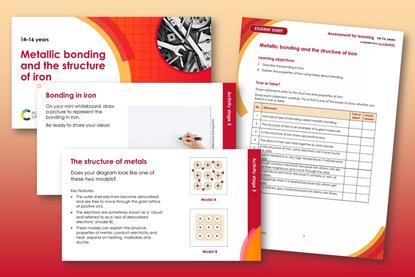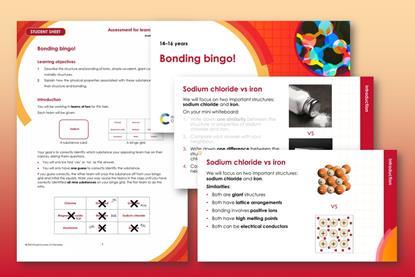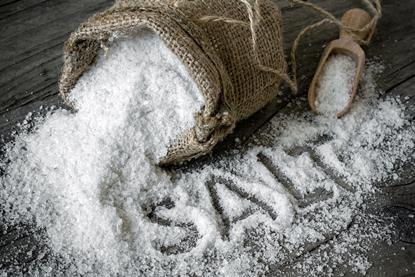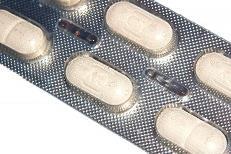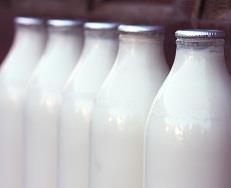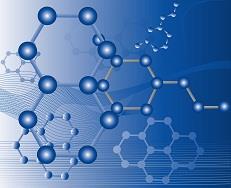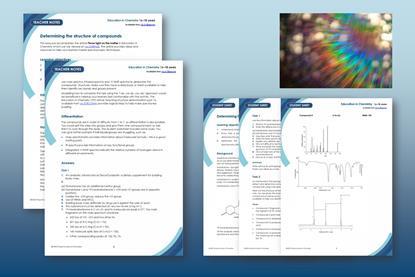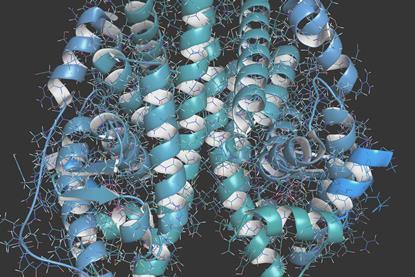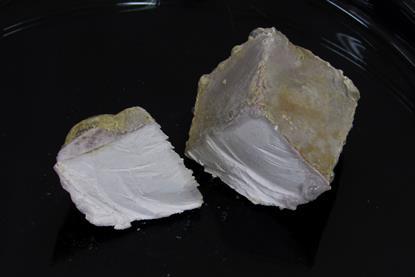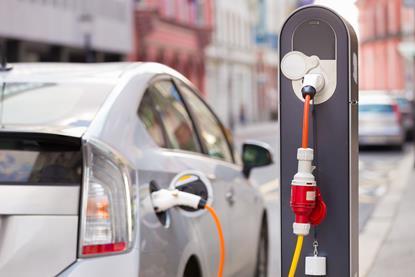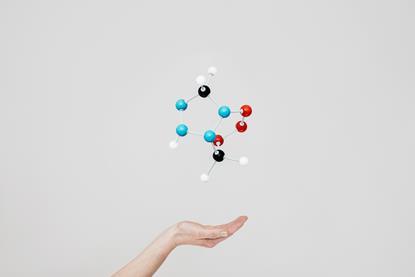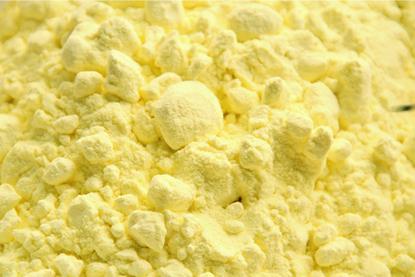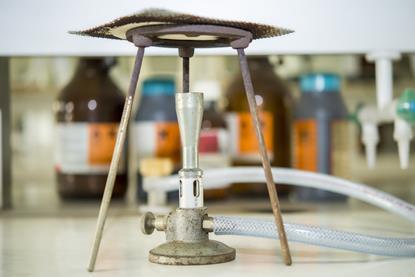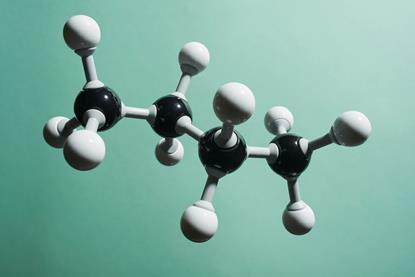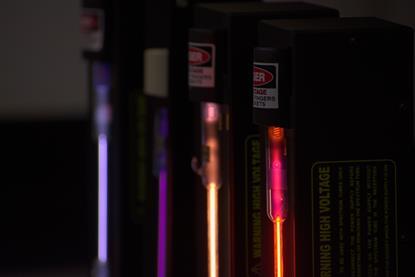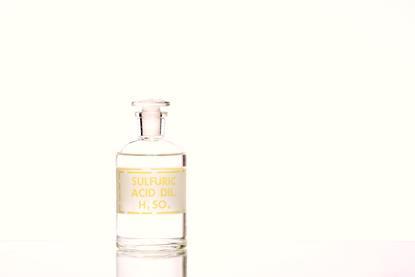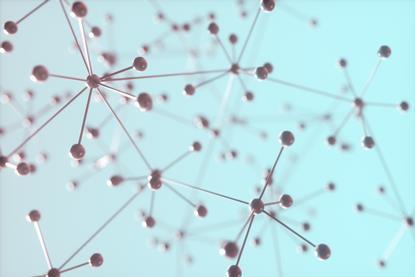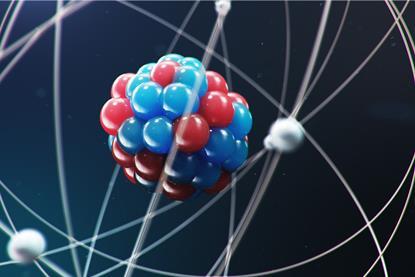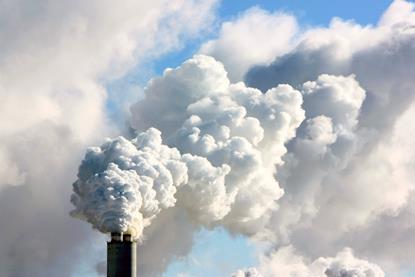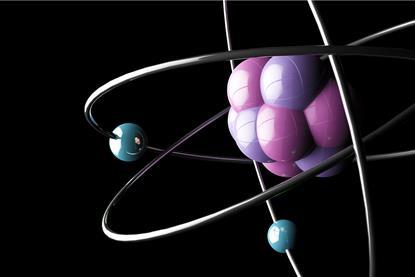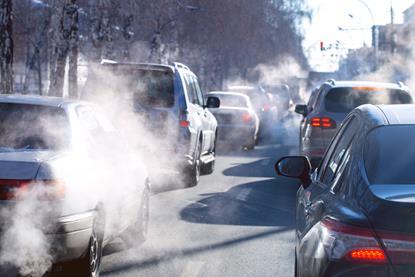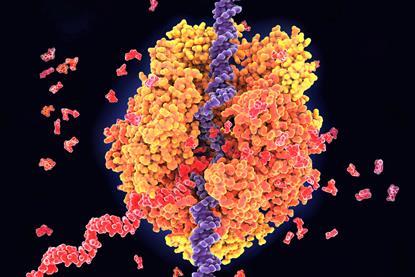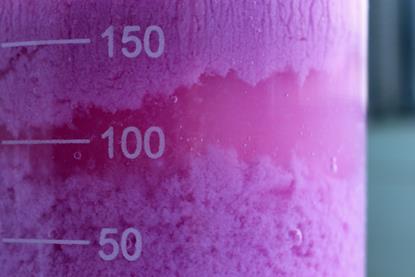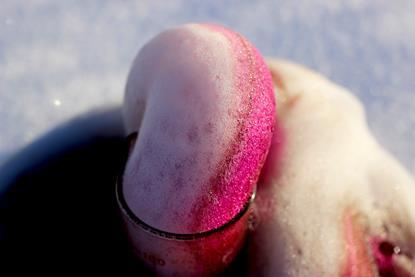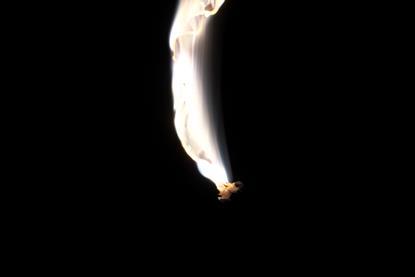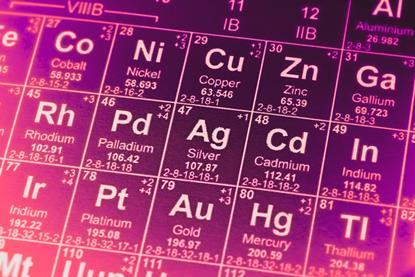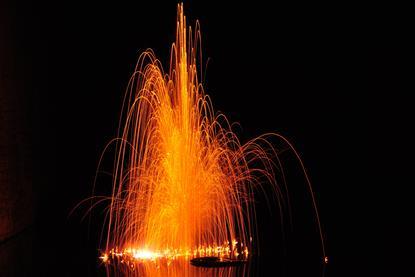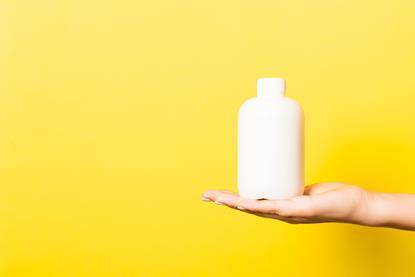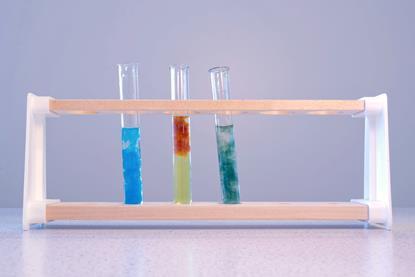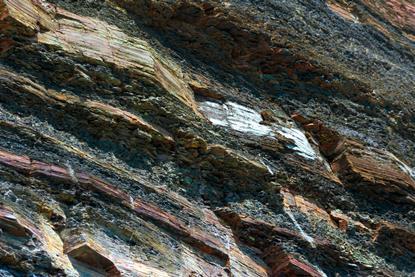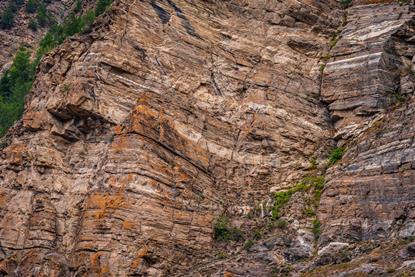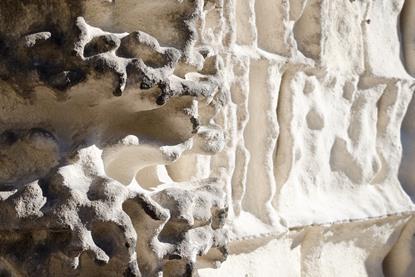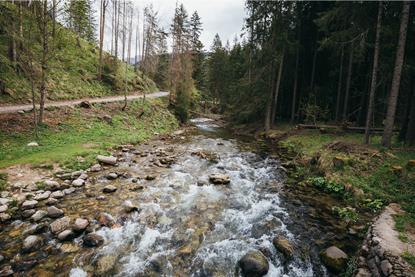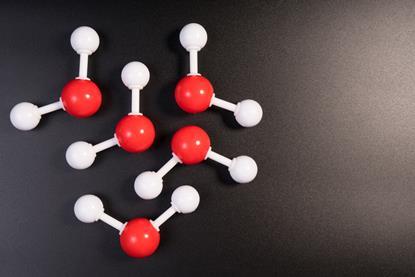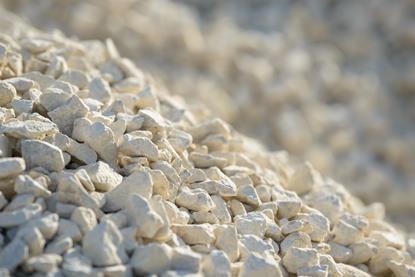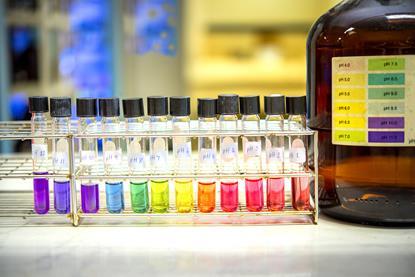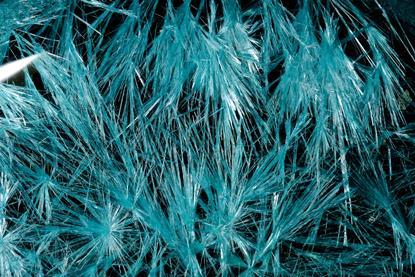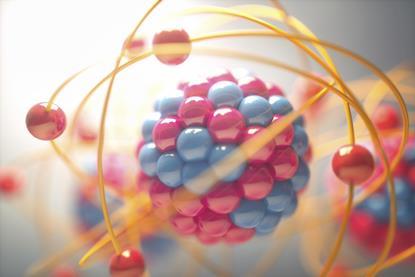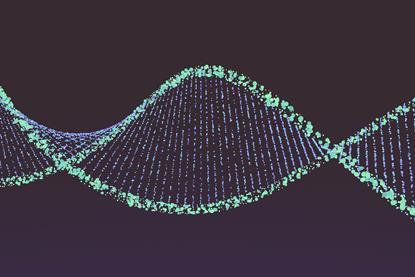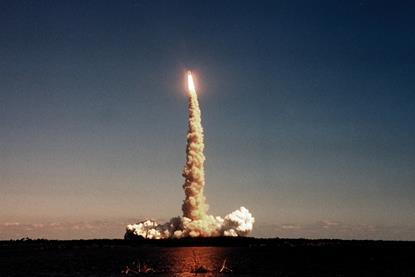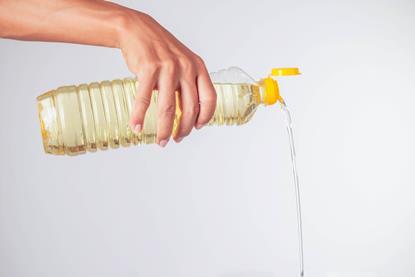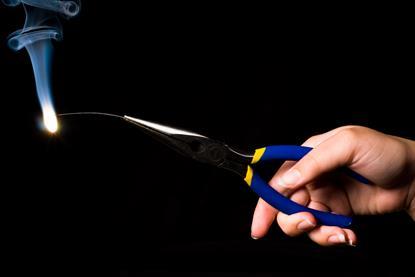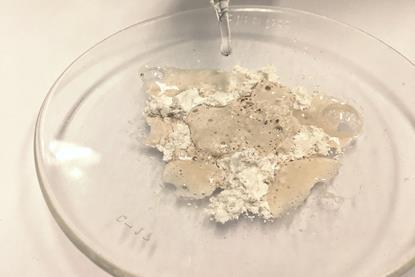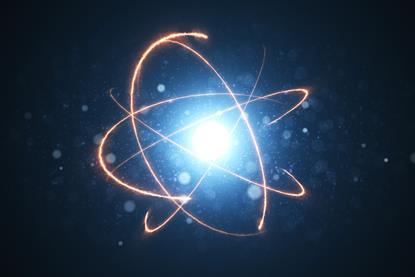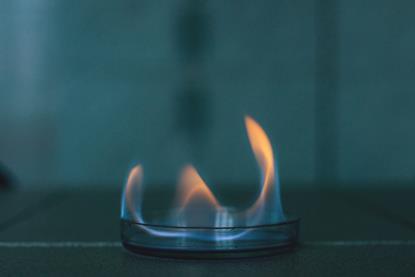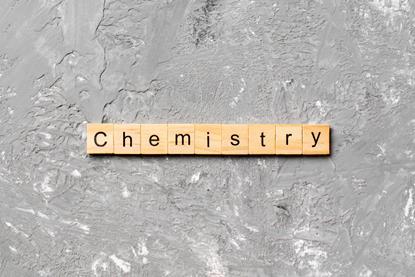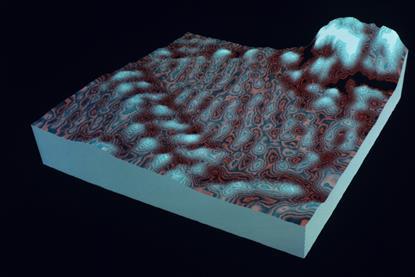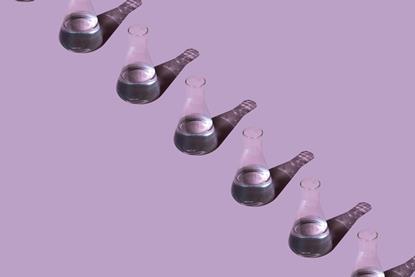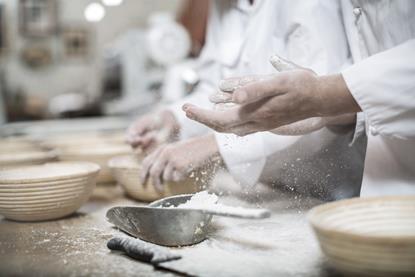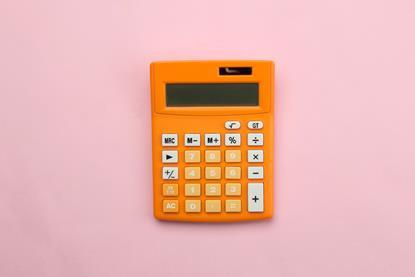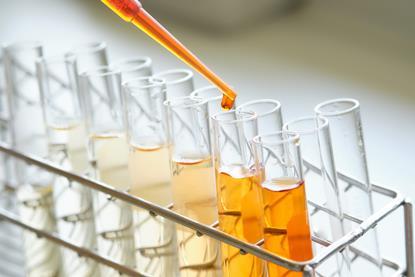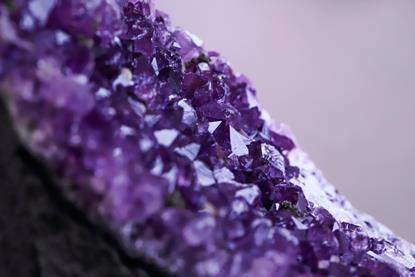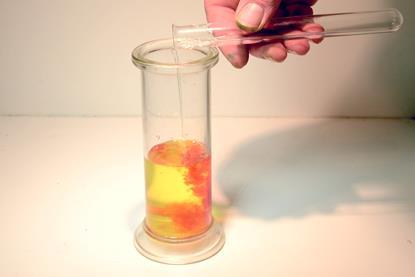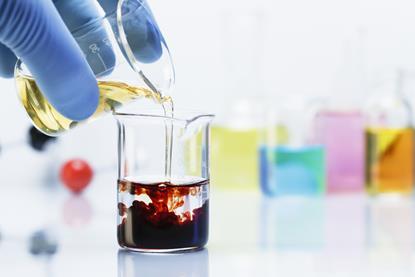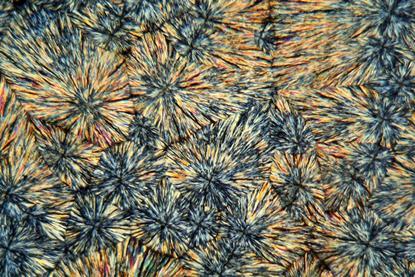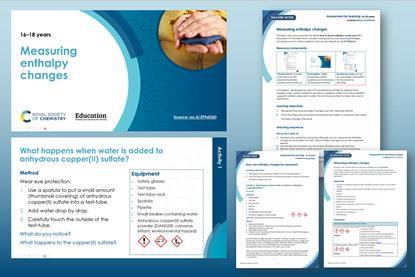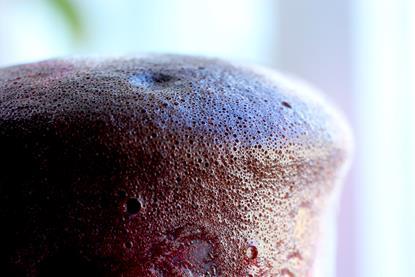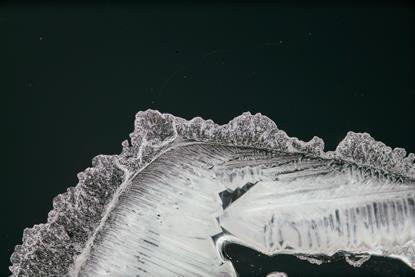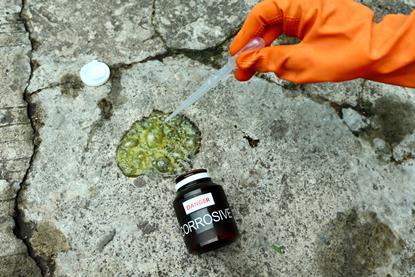- Home
- I am a …
- Resources
- Collections
- Remote teaching support
- Starters for ten
- Screen experiments
- Assessment for learning
- Microscale chemistry
- Faces of chemistry
- Classic chemistry experiments
- Nuffield practical collection
- Anecdotes for chemistry teachers
- Literacy in science teaching
- More …
- Climate change and sustainability
- Alchemy
- On this day in chemistry
- Global experiments
- PhET interactive simulations
- Chemistry vignettes
- Context and problem based learning
- Journal of the month
- Chemistry and art
- Classic chemistry demonstrations
- In search of solutions
- In search of more solutions
- Creative problem-solving in chemistry
- Solar spark
- Chemistry for non-specialists
- Health and safety in higher education
- Analytical chemistry introductions
- Exhibition chemistry
- Introductory maths for higher education
- Commercial skills for chemists
- Kitchen chemistry
- Journals how to guides
- Chemistry in health
- Chemistry in sport
- Chemistry in your cupboard
- Chocolate chemistry
- Adnoddau addysgu cemeg Cymraeg
- The chemistry of fireworks
- Festive chemistry
- Collections
- Education in Chemistry
- Teach Chemistry
- Events
- Teacher PD
- Enrichment
- Our work
- More navigation items
Lesson plans
Free lesson plans for teaching a range of chemistry concepts
What happens when a substance changes state? | Lesson plan | 11–14 years
Use this lesson plan, complete with scaffolded and unscaffolded student sheets, to secure learners’ understanding of changes of state
What happens when something dissolves? | Lesson plan | 11–14 years
Explore dissolving and help your learners explain observations using the particle model with this lesson plan and activities
Recording data and uncertainty | Fundamentals of chemistry | 16–18 years
Revise understanding of volume and measurements before moving on to practice taking measurements and considering uncertainty with this preparation worksheet and student sheet
Light and electrons in energy levels | Fundamentals of chemistry | 16–18 years
Use this flipped learning worksheet and student sheet to revise atomic models and then move on to electromagnetic radiation
Modelling radioactive decay | Fundamentals of chemistry | 16–18 years
Use this flipped learning worksheet and student sheet to revise fusion and nuclear equations and introduce decay
Nuclear fusion | Fundamentals of chemistry | 16–18 years
Use this flipped learning worksheet and student sheet to revise subatomic particles and introduce nuclear fusion
Fundamentals of chemistry | 16–18 years
Tackle the key concepts of scale and representation from the start of your post-16 chemistry course with this short course designed around flipped learning workbook
Counting protons, neutrons and electrons | Fundamentals of chemistry | 16–18 years
Use this flipped learning worksheet and student sheet to revise and develop understanding of subatomic particles
Developing a model of the atom | Fundamentals of chemistry | 16–18 years
Use this flipped learning worksheet and student sheet to revise and develop understanding of atomic structure and how it is represented in chemistry
Writing formulas for ionic compounds | 14–16 years
Practise writing formulas for ionic compounds and revise common positive and negative ions, using this lesson plan with activities
Metallic bonding and the structure of iron | Lesson plan | 14–16 years
Explore how the bonding in iron relates to its physical properties and address common misconceptions using this lesson plan with activities
Bonding bingo: bonds and properties of substances | 14–16 years
Try this game and lesson plan to reinforce learners’ understanding of bonding and how it relates to the physical properties of substances
The salt cellar mystery
Support learners to investigate using chemistry, with the salt cellar mystery. Includes kit list, safety instructions and session timings
Chemistry masterclass
Undertake the work of a medicinal chemist by isolating an active compound. Find the kit list, safety instructions and session timings in the download
Year 9 chemistry day
Introduce the fun aspects of polymers with plastic milk and bouncing custard
Murder in the lab
Give students a flavour of analytical techniques used in forensic science. Find the kit list, safety instructions and suggested timings in the download
Organic molecules day
Students produce and analyse a simple aromatic compound using analytical techniques. Includes kit list, safety instructions and suggested timings
Photolithography
Students use light to create their own printed circuit boards. Find the kit list, safety instructions and suggested timings in the download
Determining the structure of compounds | 16–18 years
Examine data relating to the structure and complexity of compounds, including mass, infrared and 1H NMR spectra
How do scientists grow protein crystals? | 14-16 years
Discover the methods and conditions used by chemical scientists to grow protein crystals in this lesson plan with activities for 14–16 year olds.
How was the first artificial dye made? | 16-18 years
Explore organic synthesis and the making of the first artificial dye, mauve, in a lesson plan and directed activity related to text (DART) for 16–18 year olds.
How does sodium react with chlorine? | 14-16 years
Investigate the reaction of sodium with chlorine, using students’ understanding of atoms, ions and lattice structure, in this lesson plan for 14–16 year olds.
Alternative fuels and low-carbon technology in cars | 16-18 years
Explore how cars can be fuelled using low-carbon technology, including hydrogen and hybrid power, in this lesson plan with activities for 16–18 year olds.
Introducing particle models | 11-14 years
Explore and interpret representations of particles, including three-dimensional models, using this lesson plan with activities for 11–14 year olds.
Reacting iron and sulfur to explore compounds | 11-14 years
Investigate the reaction between iron and sulfur and practise modelling chemical changes in this lesson plan with activities for 11–14 year olds.
Nucleophilic substitution reaction mechanisms | 16-18 years
Help your students explore the mechanism for an organic nucleophilic substitution reaction using this lesson plan with activities for 16–18 year olds.
Rules for naming hydrocarbons: alkanes to arenes | 16-18 years
Review the rules for naming hydrocarbon structures, including alkanes, alkenes, alkynes and arenes, using this lesson plan with activities for 16–18 year olds.
Interpreting rate of reaction graphs | 14-16 years
Use this lesson plan for 14–16 year olds to practise interpreting rate of reaction graphs, revising factors such as concentration, temperature and surface area.
Atoms and atomic structure: a ‘similar and different’ activity | 16-18 years
Help students consolidate their ideas about atoms and atomic structure, working in pairs to identify key concepts, using this lesson plan for 16–18 year olds.
Reactions of acids with metals and carbonates | 11-14 years
Help your students unravel misconceptions about how acids react with metals and carbonates via this lesson plan with downloadable activities for ages 11–14.
Simple chemical reactions: how do candles work? | 11-14 years
Clarify the ideas of burning, melting and evaporating with your students and tackle some misconceptions about candles with this lesson plan for 11–14 year olds.
Linking structure, bonding and substance properties | 16-18 years
Check students’ understanding of how properties of substances depend on their structure and bonding using this lesson plan with activities for 16–18 year olds.
Atoms: size, scale and nanoscience | 14-16 years
Explore the scale and size of atoms and their relation to elements, introducing students to nanoscience in this lesson plan with activities for 14–16 year olds.
What causes the greenhouse effect? | 16-18 years
Reinforce your students’ understanding of the cause of the greenhouse effect using this lesson plan with a demonstration and activities for 16–18 year olds.
Plastics and polymers: their structure and properties | 16-18 years
Explore how the properties of polymers depend on their structure and different types of intermolecular bonds using this lesson plan for 16–18 year olds.
What is stuff made of? Matter, atoms and elements | 11-14 years
Introduce the properties and behaviour of atoms as the smallest parts of elements and a basic unit of matter using this lesson plan for 11–14 year olds.
Writing word equations and finding reaction patterns | 14-16 years
Try this lesson plan for 14–16 year olds to help your students identify patterns in chemical reactions and practise writing word equations to describe them.
How do car exhaust gases impact the environment? | 16-18 years
Explore the origin and environmental impact of pollutants in car exhaust emissions using peer-assessed writing in this lesson plan for 16–18 year olds.
Transition metal complexes and ligand exchange | 16-18 years
Try this lesson plan for 16–18 year olds to support your students to research transition metal complexes, including shape, naming, bonding and ligand exchange.
Enzymes: catalysis, specificity and stability | 16-18 years
Explore how enzymes work, including substrate specificity and the effects of heat and pH, using peer assessment in this lesson plan for 16–18 year olds.
Exploring precipitation reactions using diagrams | 14-16 years
Discover how ions are arranged in precipitation reactions and practise completing ionic equations using this lesson plan with activities for 14–16 year olds.
Catalysts, rates of reaction and what sank the Kursk | 14-16 years
Use the case of the Kursk submarine to devise an experimental investigation into catalysts’ effects on rate of reaction in this lesson plan for 14–16 year olds.
Investigating the chemistry of how fireworks work | 14-16 years
Explore the principles behind fireworks and what makes the different colours we see when they go off using this lesson plan with activities for 14–16 year olds.
How does burning magnesium affect its mass? | 11-14 years
Investigate what happens to the mass of magnesium when it burns and reacts with oxygen using this lesson plan and practical activity for 11–14 year olds.
Revising the periodic table using a concept map | 14-16 years
Use a concept map to help your students revise the periodic table and explain how elements are arranged in this lesson plan with activities for 14–16 year olds.
Molecules and the possibility of life in outer space | 14-16 years
Explore the molecules found in space as clues to the potential existence of extraterrestrial life, using this lesson plan with activities for 14–16 year olds.
How do alkali metals react with water? | 14-16 years
Explore how alkali metals react with water using a series of demonstrations and videos in this lesson plan with activities
Using a survey to learn what shampoos people use | 11-14 years
Collect and analyse data from surveys, exploring differences between subjective and objective data, using this lesson plan with activities for 11–14 year olds.
Conservation of mass in dissolving and precipitation | 11-14 years
Explore what happens during precipitation reactions and when substances dissolve using this lesson plan with downloadable activities for 11–14 year olds.
What is the rock cycle? | 11-14 years
Try this lesson plan and set of downloadable activities to help teach 11-14 year olds about sedimentary, metamorphic and igneous rocks and the rock cycle.
Why do sediments form layers? | 11-14 years
Explore the layered formation of sedimentary rocks using this lesson plan and set of downloadable activities for 11–14 year olds.
What are the effects of acid rain? | 11-14 years
Try this lesson plan for 11–14 year olds to investigate the effects of acid rain on metals and carbonate rocks through field work and an experiment.
What happens to weathered pieces of rock? | 11-14 years
Investigate how rock fragments are transported and deposited by water currents using this lesson plan and downloadable activity for 11–14 year olds.
Particle models: gas, liquid, solid | 11-14 years
Help your students develop their understanding of gases, liquids and solids using the particle model in this lesson plan with activities for 11–14 year olds.
Investigating the composition of limestone | 11-14 years
Use this lesson plan for 11–14 year olds to help your students plan, implement and evaluate a practical investigation to determine if all limestone is the same.
Acids and alkalis: using concept maps | 11–16 years
Help your students consolidate their ideas about acids and alkalis using this lesson plan and set of downloadable activities
Measuring vitamin C in fruit using titration | 14-16 years
Compare the amount of vitamin C in fruit and juices using titration, and explore conditions affecting vitamin C levels, in this lesson plan for 14–16 year olds.
What are crystals and how are they structured? | 11-14 years
Discover the regular structure and arrangement of particles in crystalline substances using this lesson plan with activities for 11–14 year olds.
How do shampoos work? Hair care, acids and bases | 14-16 years
Test shampoos and investigate their ingredients as an application of acid–base chemistry using this lesson plan with practical activities for 14–16 year olds.
Understanding the structure of atoms | 14–16 years
Check your learners’ understanding of atomic structure using self assessment in this lesson plan with activities
What are hydrogen bonds? | 16-18 years
Help students explore hydrogen bonding and discover where hydrogen bonds are found using this lesson plan with activities for 16–18 year olds.
What are chemical reactions used for? | 11-14 years
Try this lesson plan for 11–14 year olds to explore how chemical reactions are used to produce energy, make new materials or support biological systems.
Do vitamin pills work? Exploring scientific evidence | 14-16 years
Analyse data about effects of vitamin C and explore how science can give rise to different viewpoints in this lesson plan with activities for 14–16 year olds.
‘Healthy’ fats, obesity and measuring unsaturation | 16-18 years
Measure the level of ‘saturation’ of fats and oils using iodine, exploring the relation to obesity, with this lesson plan and experiment for 16–18 year olds.
Group 2 elements: making mind maps | 16-18 years
Construct mind maps with your students to describe and compare the properties of group 2 elements and their compounds in this lesson plan for 16–18 year olds.
Why do chemical reactions happen? | 16-18 years
Introduce students to entropy and explore why chemical reactions happen using role play, discussion and demonstrations in this lesson plan for 16–18 year olds.
How do atoms form the ions in ionic compounds? | 16-18 years
Check students’ understanding of why atoms form ions, and how ionic compounds form by ionic bonding, using this lesson plan with activities for 16–18 year olds.
Where does energy come from? | 16-18 years
Help students explore how energy is released in exothermic reactions and when chemical bonds form using this lesson plan with activities for 16–18 year olds.
What do chemical words mean? Exploring key terms | 14-16 years
Explore and clarify key concepts including substance, pure, element, compound, atom and molecule using this lesson plan with activities for 14–16 year olds.
What do atoms look like? | 16-18 years
Introduce your students to the scanning tunnelling microscope (STM) as a tool for investigating atoms in this lesson plan with activities for 16–18 year olds.
Accuracy and precision in practical investigations | 14-16 years
Help your students consolidate their understanding of the difference between accuracy and precision using this lesson plan with activities for 14–16 year olds.
Planning scientific tests to solve a bakery problem | 14-16 years
Develop your students’ practical skills, including planning, observation, measurement and problem-solving, using this active lesson plan for 14–16 year olds.
Practising calculations in chemistry | 14-16 years
Help your students check or revise key calculations in chemistry, including relative formula mass, using this lesson plan with activities for 14–16 year olds.
How are particles rearranged when iron burns in air? | 11-14 years
Demonstrate the combustion of iron and explore how particles are rearranged to form iron oxide using this lesson plan with activities for 11–14 year olds.
Calculating and comparing solution concentrations | 16-18 years
Practise calculating the concentration of a solution from the mass of solute and the volume of water using this lesson plan with activities for 16–18 year olds.
Investigating properties of crystals: fact and fiction | 14-16 years
Practise reasoning about scientific evidence to determine if crytals possess ‘special’ properties using this lesson plan with activities for 14–16 year olds.
What happens to particles in chemical reactions? | 11-14 years
Explore what happens to atoms and molecules when new materials are made in chemical reactions, using this lesson plan with activities for 11–14 year olds.
Equilibrium reactions and the factors affecting them | 16-18 years
Check common misconceptions about equilibrium reactions and the effects of concentration, catalysts and temperature using this lesson plan for 16–18 year olds.
How are crystals made? | 11-14 years
Use this lesson plan for 11–14 year olds to introduce the idea that crystals form as a substance cools, and explore how cooling rate affects crystal size.
How can enthalpy changes be measured? | 16–18 years
Introduce your learners to Hess’s Law as a means of measuring enthalpy changes using this lesson plan with simple experiments
How are fireworks and gunpowder made? | 14-16 years
Explore how fireworks and gunpowder are made using a mixture of chemicals in this lesson plan and directed activity related to text (DART) for 14–16 year olds.
How do catalysts affect reaction rates? | 16–18 years
Investigate how different catalysts affect decomposition of hydrogen peroxide, linking to the Kursk submarine disaster, in this lesson plan for 16–18 year olds
What properties do gases have? | 16-18 years
Investigate the properties of gases and address common misconceptions among students using this lesson plan and series of small experiments for 16–18 year olds.
What is a chemical reaction? | 11-14 years
Explore the key idea that chemical reactions produce one or more new substances while conserving matter in this lesson plan with activities for 11–14 year olds.
Acids and alkalis: a concept cartoon | 11-14 years
Check your students’ understanding of acids and alkalis using this lesson plan with downloadable activities for 11–14 year olds.












